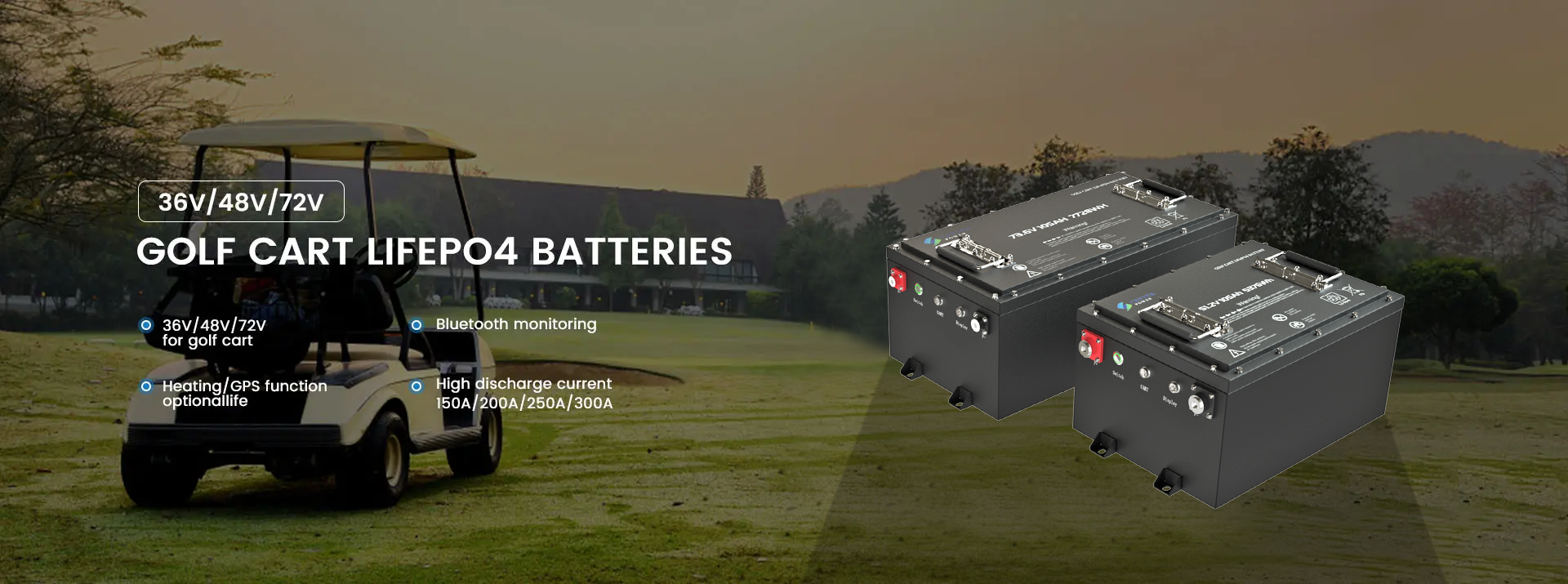
You should consider replacing your car battery when its Cold Cranking Amps (CCA) rating drops significantly or becomes insufficient for your vehicle's needs. The CCA rating indicates the battery's ability to start an engine in cold temperatures, and a decline in CCA performance is a key sign of a weakening battery.
Here are specific scenarios when replacing the battery is necessary:
1. Drop in CCA Below Manufacturer’s Recommendation
- Check your vehicle's manual for the recommended CCA rating.
- If your battery’s CCA test results show a value below the recommended range, especially in cold weather, it’s time to replace the battery.
2. Difficulty Starting the Engine
- If your car struggles to start, especially in cold weather, it could mean the battery no longer provides enough power for ignition.
3. Battery Age
- Most car batteries last 3-5 years. If your battery is within or beyond this range and its CCA has decreased significantly, replace it.
4. Frequent Electrical Issues
- Dim headlights, weak radio performance, or other electrical issues may indicate the battery cannot deliver sufficient power, likely due to reduced CCA.
5. Failing Load or CCA Tests
- Regular battery tests at auto service centers or with a voltmeter/multimeter can reveal low CCA performance. Batteries showing a failing result under load testing should be replaced.
6. Signs of Wear and Tear
- Corrosion on terminals, swelling of the battery case, or leaks can reduce the CCA and overall performance, indicating replacement is necessary.
Maintaining a functional car battery with an adequate CCA rating is especially crucial in colder climates, where starting demands are higher. Testing your battery's CCA regularly during seasonal maintenance is a good practice to avoid unexpected failures.

Post time: Dec-12-2024





